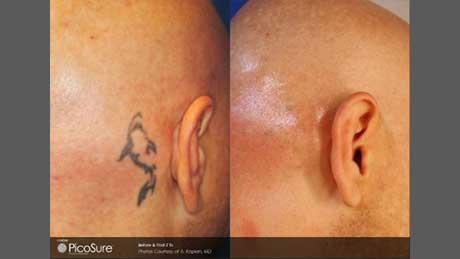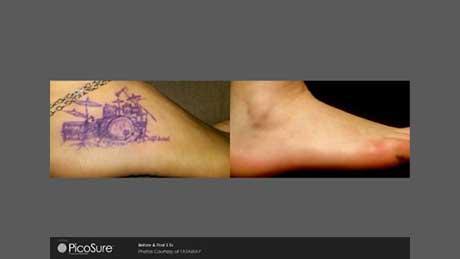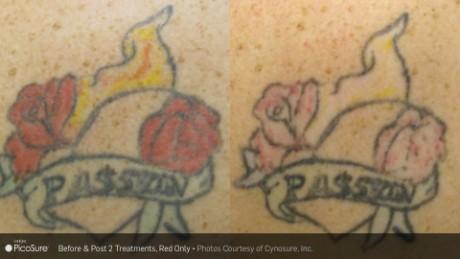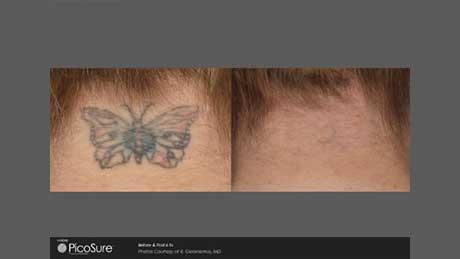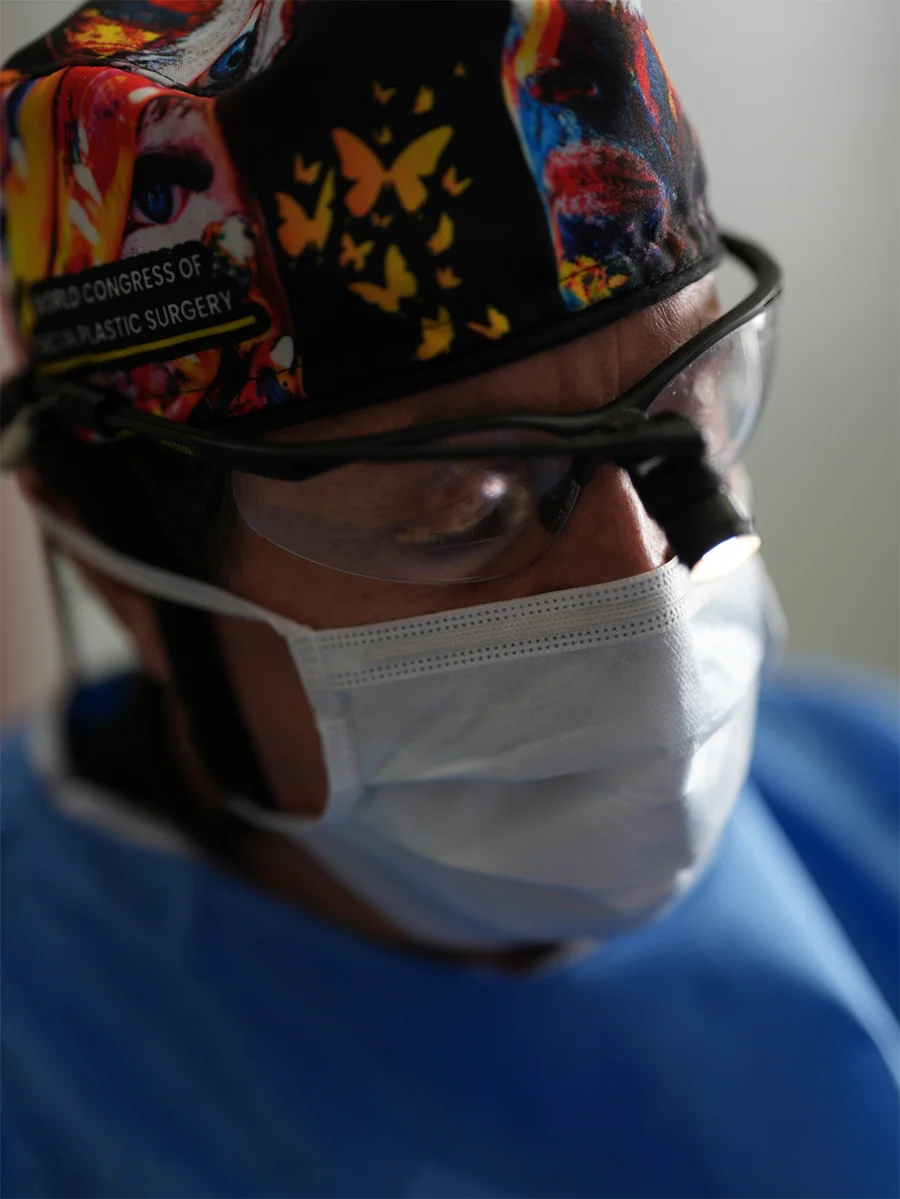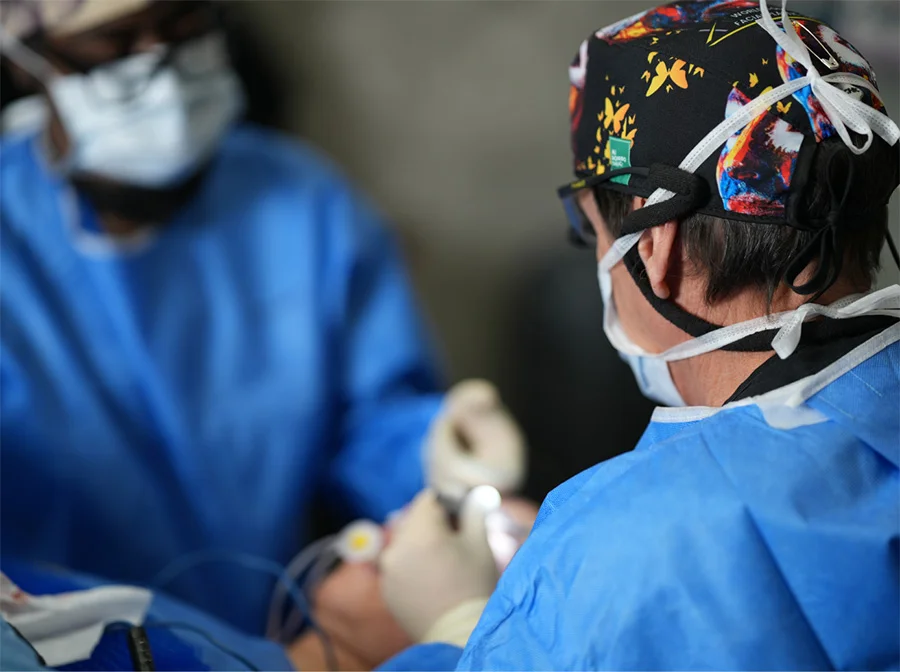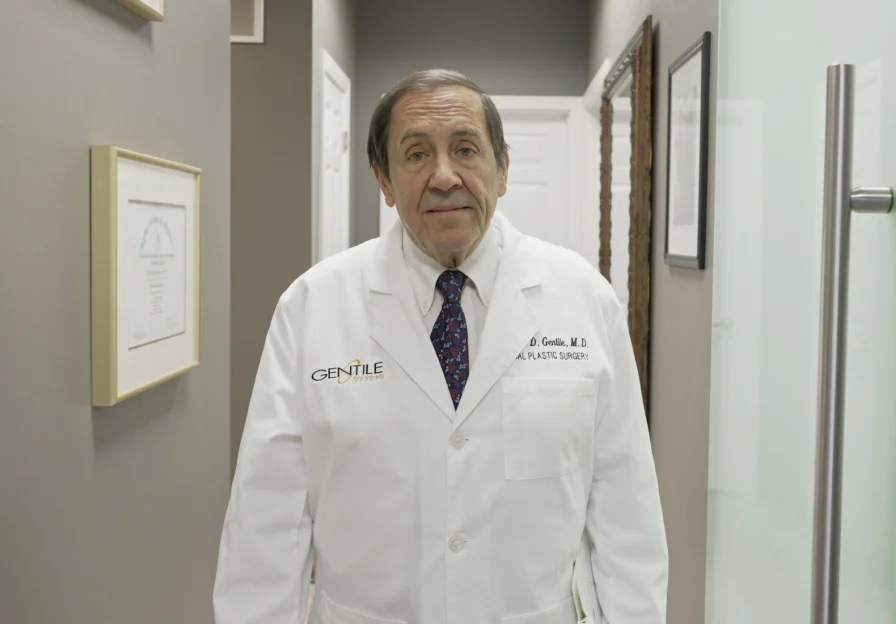The cost of laser tattoo removal in Youngstown, Akron, and the greater Cleveland area can vary depending on your artwork’s size, hue, and location and how many sessions are required to remove it completely. After completing your physical assessment and medical review, Dr. Gentile and his team will provide a detailed price quote.
- Facial Plastic Surgery
- Body Contouring
- Hair Restoration
- Injectables
- Laser & RF Treatments
- Co2 Laser Skin Rejuvenation
- EmFace/Exion
- FaceTite & AcuTite
- Fractional Skin Laser Treatments
- IPL Photorejuvenation
- LaseMD Ultra
- Laser Hair Removal
- Laser Tattoo Removal
- Micro Laser Peel (erbium)
- Morpheus8 (RF Microneedling)
- Pico Laser
- Renuvion Neck Lift
- Spider Vein Treatment
- Thermismooth
- Vaginal Rejuvenation (ThermiVA)
- Vascular Birthmark Treatment
- Venus Viva
- Skin Rejuvenation
- About
- Gallery
- Resources
- Locations
- Contact

